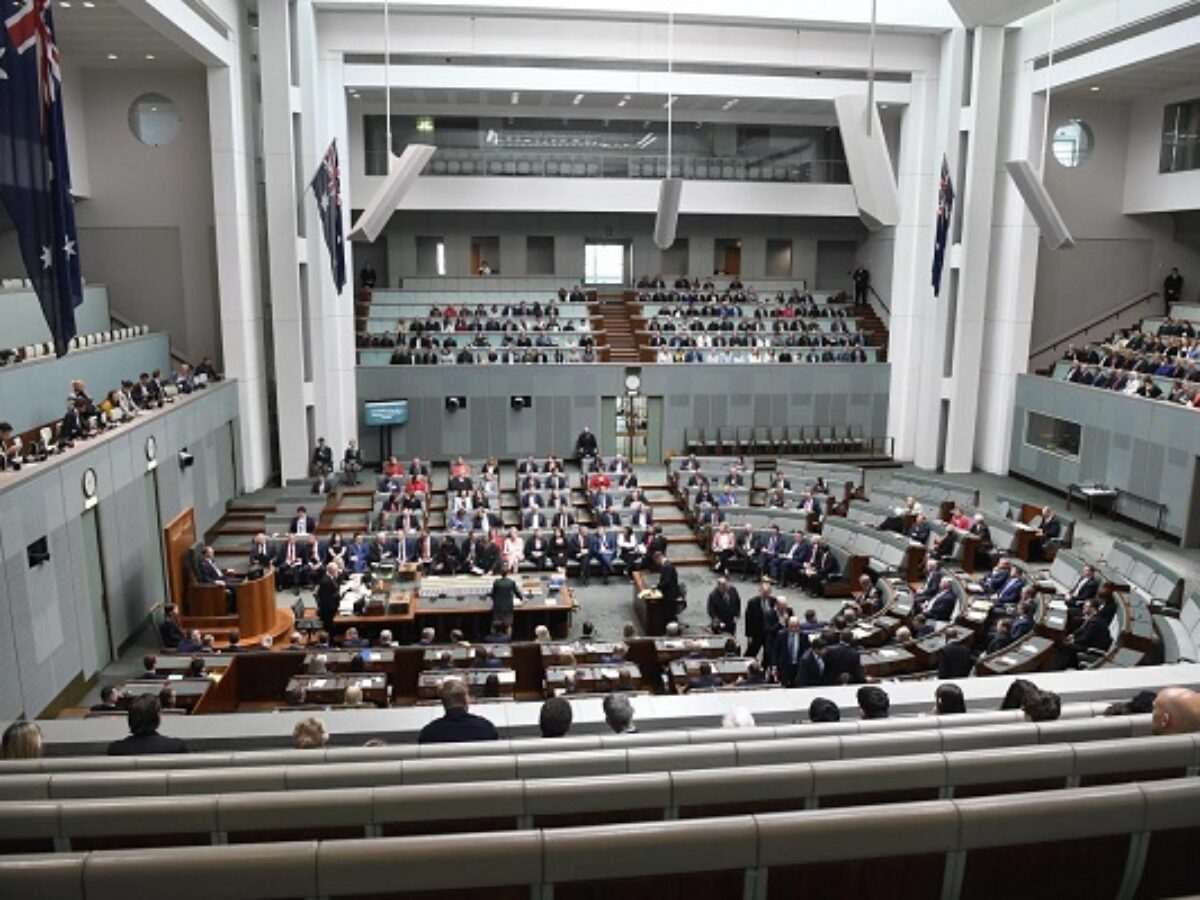Collaborate to compete – by John Sheridan

Australia is failing to understand the immensity of change underway as the world connects, argues John Sheridan. But Australia has opportunities galore, if only we can harness digitisation to change out economic fortunes.
The world is wet. And the sky is a blue circle.
A frog in a well has a unique and limited view of the universe.
But are we any different to the frog?
Because of peer pressure, education, time and “permission”, we mostly lose our curiosity as we grow older, adopt a range of fixed views on the way things are, and are then rewarded with certification, titles and labels.
Becoming an expert requires effort and time. But focusing on one subject means losing focus on others, becoming siloed.
This suited society well during the industrial revolution. Dividing processes into stages. Dividing management into departments. Apportioning responsibilities to managers, directors, ministers and boards.
But we have now become blind to the new interconnected world of wired and wireless technology. Of multinationalism and corporatisation. Of software and robotics.
Which created a host of “wicked problems” which require comprehensive solutions and collaboration to fix.
We are good at specialisation, but not good at generalisation. We don’t consider problems in all their interconnected complexity.
Australia's wicked problems have thrived in the gaps between silos.
We have become so efficient as a result of learnings from the industrial revolution, that we are hamstrung in the face of the digital revolution, with all the challenges and opportunities it offers.
The 21st century world is full of 20th century experts. When what we need are 21st century digital strategists. Not just for one organisation but for industries, regions, nations and the whole world.
An Australian Federal Minister once said, “we are a big country, with a small population and we are ratshit at collaboration”.
Politicians should know, there is as much collaboration in federal Parliament as elsewhere in Australia.
We actually don’t know how to do it. We don’t know how to support it. We don’t know to encourage it. And we don’t know how to fund it.
Collaboration requires permission. CEOs, managers, boards have to allow this to happen. Encourage it to happen. Which is difficult, when they are all “hard wired” into ROI and next quarter bottom line.
Some organisations have recognised the potential. Google, Amazon, Apple, Facebook etc for commercial reward. The spooks for security and protection. China for control of 1.4 billion citizens.
But here in Australia, we are still thinking 20th century. A host of frogs in wells.
Especially here in Australia. We are falling behind the rest of the world – 23rd of 131 on innovation, 86th of 133 for economic complexity.
The current employment statistics look good, but hide the impacts of digital disruption on jobs.
We have a lot of “low value – low reward” jobs on offer, but far fewer “high value-high reward” jobs. And the continuing impacts of technology on the work place need managing if we are to enjoy the potential benefits.
It is easy to celebrate the short-term benefits of software adoption, automation, robotics and AI on our societies. But it is necessary to look a little further into the future – to the collected and connected impacts across multiple industry sectors while we have the time to manage the impacts.
If we keep on down this path, we will become “Mexico in the south pacific” by default.
We need more than just information networks, we need knowledge networks, and that means sharing, between silos, between networks, between clusters, between sectors, between regions, connecting the obvious and the less obvious.
Knowledge networks mean vision, direction and aggregation of information for purpose – to address the wide range of wicked problems we face.
Leverage the capabilities we have in our scaleups across all productive industries – agriculture, creative industries, defence, space, ICT, manufacturing, medical, METS, smart trades and tourism.
This is a time of immense challenge. But, also a time of immense opportunity.
We can connect industries and regions. We can connect generations and countries.
We have the mineral and intellectual resources. And we can use them wisely to become a value adding country creating products and services that can be used domestically and exported to the world.
We have the brains and the resources.
Exciting possibilities. It can be done.
After twenty years in advertising as a creative director working for multinationals in three countries, John Sheridan co-founded Digital Business insights to help organisations leverage the benefits of the new digital economy. He is the co-creator of the RED Toolbox, an innovation platform for Australia’s productive industry sectors.
Picture: aph.gov.au/ Australian federal Parliament – as much collaboration here as elsewhere in Australia?
Subscribe to our free @AuManufacturing newsletter here.
@aumanufacturing Sections
Analysis and Commentary Awards casino reviews Defence Gambling Manufacturing News Online Casino Podcast Technology Videos





